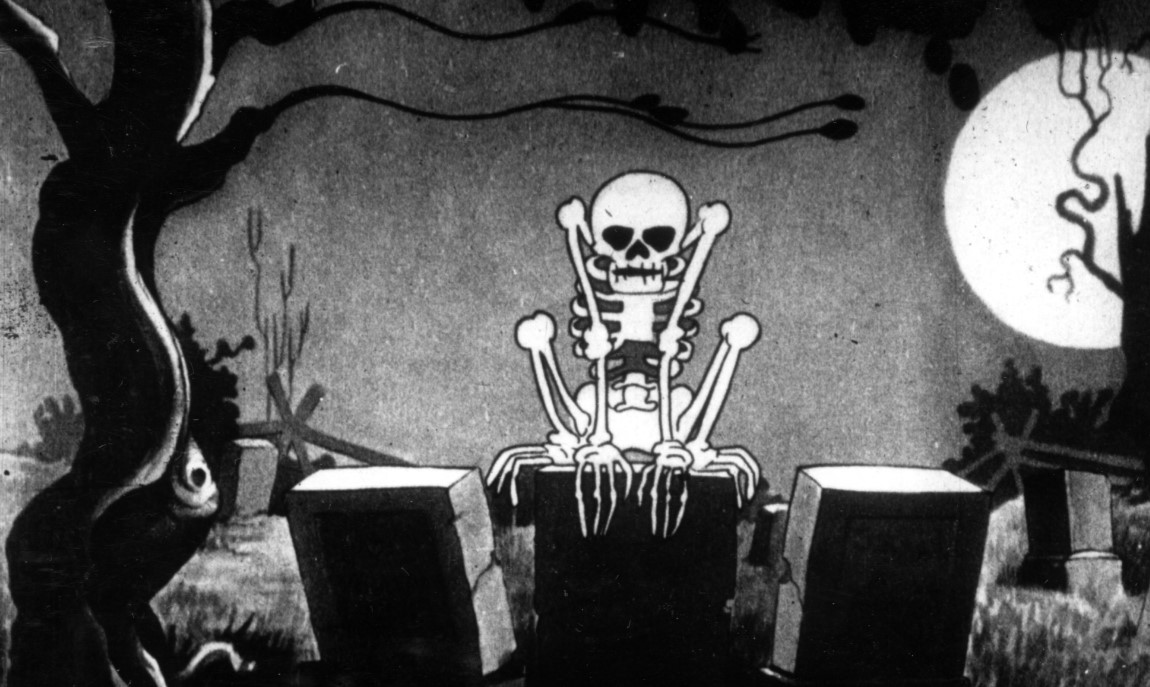Understanding Conflict Theory: A Balanced View of Its Pros and Cons
Introduction: Conflict theory, a sociological perspective that views society as a battleground for power struggles, has its merits and limitations. This theory, proposed by influential figures like Karl Marx and Max Weber, sheds light on societal dynamics, but also faces critiques. This article aims to explore both the advantages and disadvantages of conflict theory, providing a well-rounded perspective.
The Pros of Conflict Theory
Explaining Social Change
Conflict theory offers a lens through which we can better understand the forces driving social change. By delving into power struggles among different groups, it provides insights into the factors triggering shifts in economic and political power. This deeper understanding enhances our comprehension of societal transformations.
Highlighting Inequality
One of conflict theory's strengths lies in its emphasis on inequality as an inherent aspect of society. Rather than merely proposing reforms, it confronts the issue of inequality head-on. This nuanced perspective encourages a comprehensive examination of inequality's persistence across various facets of life.
Catalyst for Action
Conflict theory's recognition of power struggles can serve as a catalyst for action. By acknowledging prevailing inequalities and injustices, it motivates individuals to challenge these imbalances actively. This theory empowers people to advocate for change, fostering a more inclusive and just society.
Emphasis on Cooperation
Contrary to its name, conflict theory acknowledges the significance of cooperation. The idea that collaborative efforts can drive change and equality underscores the importance of solidarity among societal groups. By promoting collaboration, conflict theory envisions a more equitable society.
Recognizing Political Influence
Conflict theory acknowledges the role of political conflict in shaping society. It underscores the way different groups vie for power and resources, influencing the community's dynamics. By understanding the impact of politics on social structures, conflict theory enables the addressing of inequalities.
The Cons of Conflict Theory
Neglecting Social Harmony
One critique of conflict theory is its potential to overlook social harmony and cooperation. Focusing solely on power struggles might ignore the positive aspects of society, such as cooperation and collaboration. This limited perspective can hinder a holistic understanding of social change.
Limited Scope
Conflict theory tends to prioritize power imbalances, potentially overshadowing other factors driving social change, like cultural norms. This can lead to an incomplete understanding of the complex interplay of dynamics that contribute to societal shifts.
Polarizing View
An unintended consequence of conflict theory can be a polarizing view of society. By emphasizing power struggles, it might overlook the potential for cooperation, fostering an overly negative perspective on social interactions.
Deterministic Outlook
Critics also argue that conflict theory's deterministic approach oversimplifies the role of power struggles in societal change. This perspective might sideline the influence of individual and collective agency, both of which play crucial roles in shaping societies.
Overlooking Structural Factors
Conflict theory might downplay structural factors like systemic racism and inequality that drive power imbalances. By focusing solely on power struggles, it might fail to address the need for substantial reforms to achieve a fairer society.
Conclusion: Conflict theory provides a valuable framework for understanding societal dynamics, inequality, and social change. While it has its strengths, such as explaining power struggles and inspiring action, it's important to recognize its limitations, including its potential to overlook cooperation and structural factors. Embracing a balanced view of conflict theory allows for a more comprehensive understanding of the intricate workings of society and the pathways to positive change.




